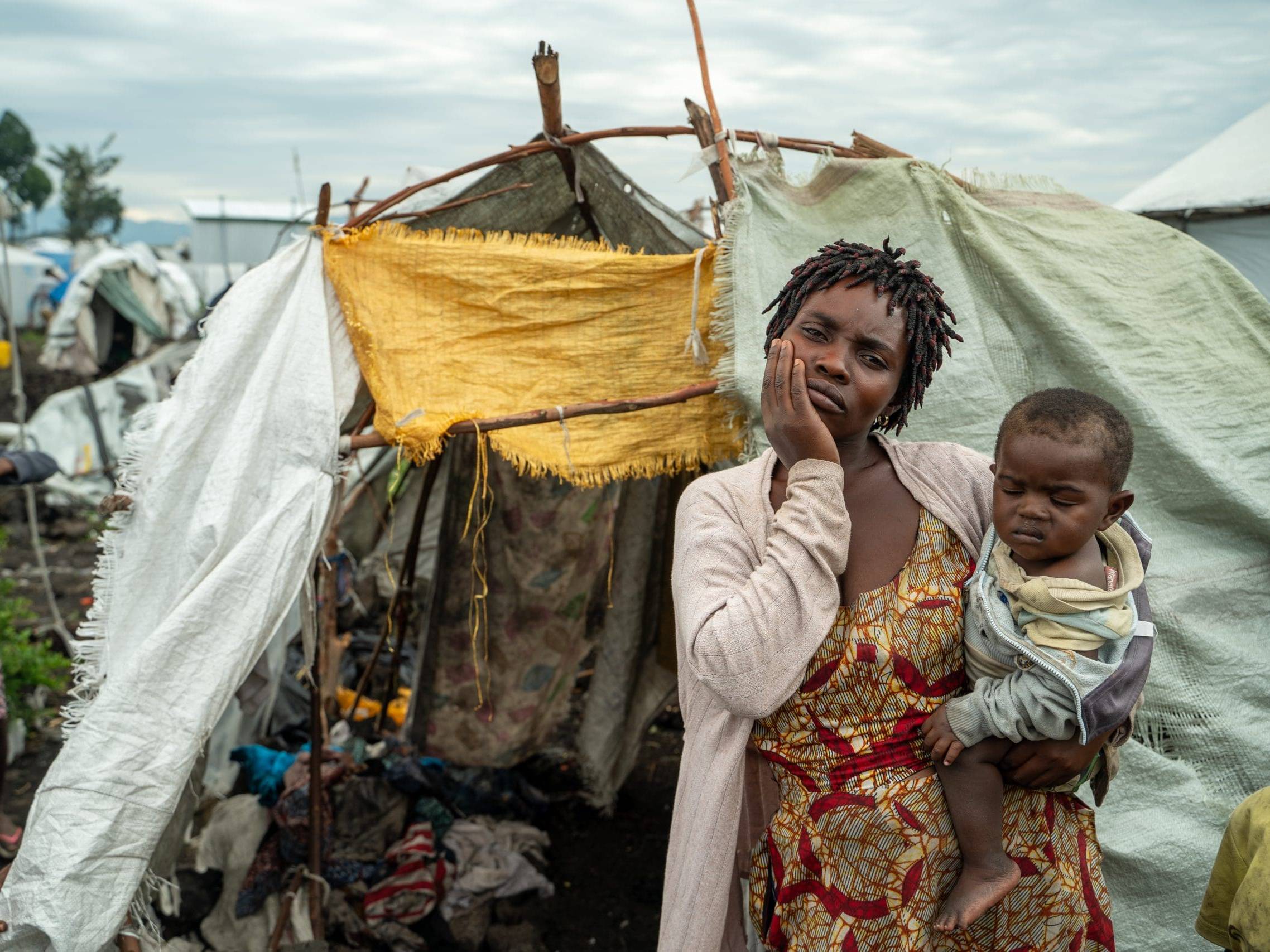World Humanitarian Day 2024: protecting civilians should be the only target
World Humanitarian Day 2024: protecting civilians should be the only target
In 2024, civilians, civilian infrastructure and humanitarian workers have been and continue to be under attack. We see this every day in the countries where INTERSOS operates: in Sudan, in Ukraine, in southern Lebanon, in the Democratic Republic of Congo. Over the last nine months we have observed it and denounced it in Gaza.
Every day, before our very eyes, the number of civilians killed in conflicts grows: men, women and children who should be protected under International Humanitarian Law, and who we cannot accept being described as ‘collateral damage’. More and more humanitarian and health workers are dying while trying to alleviate the suffering of people overwhelmed by war. Bombs destroy hospitals, schools, civilian dwellings. They damage roads, interrupt the supply of electricity and clean water.
Starvation, as well as sexual and gender based violence are being used as weapons of war with impunity, and humanitarian access is systematically hampered.
Monday 19 August 2024 marks the 21st anniversary of the attack on the UN headquarters at the Canal Hotel in Baghdad, Iraq, in which 22 aid workers were killed. Five years later, the United Nations General Assembly designated 19 August as World Humanitarian Day, a day dedicated to all those aid workers killed or injured in the course of their work and to the call for protection for conflict-affected populations and for aid workers.
Despite 75 years of universally accepted international laws to regulate the conduct of armed conflict and limit its impact, violations of International Humanitarian Law continue unabated, often unpunished and uncontrolled.
And while civilians, including aid workers, pay the ultimate price in unacceptable numbers, those responsible systematically escape justice.
To put an end to this, a reaction of all consciences and a general mobilisation to defend International Humanitarian Law, in particular, that set of rules that guarantee the protection of civilians in conflicts, is crucial.
Protecting humanitarian law means protecting civilians and protecting civilians should be the only target.
What we witness in our missions:

South Lebanon
In southern Lebanon, where exchanges of fire between Israel and Hezbollah are daily, indiscriminate attacks on civilians and civilian infrastructure are becoming increasingly frequent and are being perpetrated without consequence.

Sudan
Hunger is now used with impunity as a weapon of war in conflicts. In Sudan, some 25.6 million people – more than half the population – suffer from hunger, including more than 755,000 people on the brink of famine.

Democratic Republic of Congo
Sexual and gender-based violence is used with impunity as a weapon of war. In North Kivu, in April 2024 alone, more than 1,700 new cases of sexual violence were reported in settlements accommodating IDPs.




